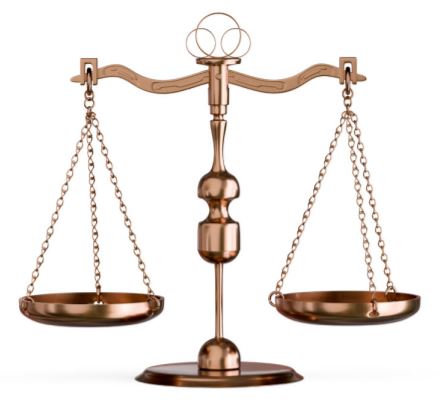A power of attorney is an instrument
containing an authorization for one to act as the agent of the principal
that terminates at some point in the future either by its terms or by operation
of law such as death of the principal or agent. They are also called
letters of attorney. The person appointed is usually called an Attorney-in-Fact. A power of attorney which doesn’t provide for a successor attorney-in-fact to be appointed will terminate at the death of the attorney-in-fact. The person making the power of attorney appointment is called the principal.
A power of attorney can be either general, durable or limited. Some states
have adopted a statutory power of attorney. Other specific types of power
of attorneys include: Health Care Power of Attorney, Power of Attorney
for Care and Custody of Children, Power of Attorney for Real Estate matters
and Power of Attorney for the Sale of a Motor Vehicle. Power of attorney requirements vary by state, but typically are signed by the principal and need to be witnessed and notarized.
State laws vary, but generally, a power of attorney must be complied with unless the person to whom it is directed has reasonable cause to doubt the authority of the agent. In some cases, a specific power of attorney addressing the authority of the agent in a particular transaction may be required.
For a power of attorney to be coupled with an interest, so as to be irrevocable, there must be a specific, present and coexisting interest in the subject of the power or agency. Whether such an interest exists in any particular case is to be determined from the entire agreement between the parties. The mere expression, ‘a power coupled with an interest’, does not necessarily render the power irrevocable. The interest which the attorney in fact must have in the subject of the power in order to render the power irrevocable is such a beneficial interest in the thing itself, apart from the proceeds that if the power were revoked he would be deprived of a substantial right. In other words, the relation of the attorney in fact to the subject-matter must be such that a revocation of the power would be inequitable.
Laws on amendments to a power of attorney vary by state and power of attorney. For example, in some states, a durable power of attorney may be changed only by executing a new durable power of attorney or executing an amendment with the same formalities as the original power of attorney. Free law summaries provide a detailed explanation of state specific law concerning the power of attorney.
FAQs
1) What is a General Power of Attorney?
A General Power of Attorney is a legal document which gives the person you choose (the agent) the power
to manage your assets and financial affairs while you are alive. The document
must be signed by you (the principal) while you have the required legal
capacity to give your agent clear and concise instructions. The appointment
may be for a fixed period and can be revoked by you at any time providing
you still have the legal capacity to do so. A power of attorney ceases
when you die. The executor named in your will then takes over the responsibilities
of your estate.
2) What is a Durable Power of Attorney?
A “durable” power of attorney stays
valid even if you become unable to handle your own affairs (incapacitated).
If you don’t specify that you want your power of attorney to be durable,
it will automatically end if you later become incapacitated.
3) What is a Limited Power of Attorney?
A limited power of attorney allows
the principal to give only specific powers to the agent. The limited power
of attorney is used to allow the agent to handle specific matters when
the principal is unavailable or unable to do so.
4) What is a Statutory Power of Attorney?
A statutory power of attorney is a power of attorney that copies the language in a state statute which includes an example of a form that may be used. For example, a durable power of attorney may also be a statutory power of attorney if it copies the language in the state durable power of attorney statute. State laws vary, but the states that have adopted a statutory form of power of attorney typically allow for other language to be used as long as it complies with the state law.
5) Why have a Power of Attorney?
When accidents, sudden illness, planned
or unexpected absences occur, or when you just can’t cope, you may need
someone to manage your financial affairs. It can be done in anticipation
of a future need, for a special purpose or for a limited time. The
person you appoint is called your agent. The agent will (by your instructions)
safeguard and manage your assets and financial affairs if you are unable
to manage them for yourself or if you lose legal capacity.
6) Must a Power of Attorney be recorded?
Please refer to the state specific
law summary to determine if a particular Power of Attorney must be recorded.
Usually, most Power of Attorney forms do not need to be recorded. However,
Power of Attorneys dealing with the sale and purchase of real estate must
be recorded.
7) Can a Power of Attorney be revoked?
A Power of Attorney can be revoked by the principal at any time, as long as he or she is competent.

